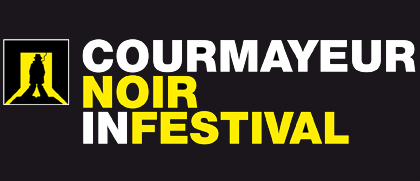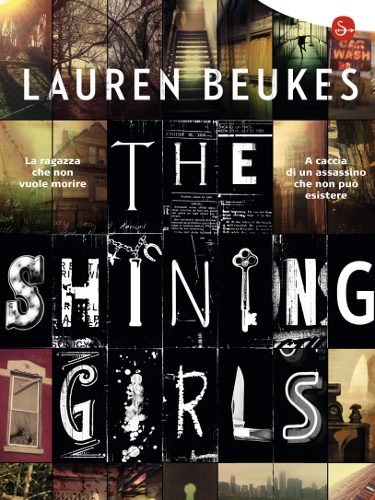Lauren Beukes
THe Shining Girl
THe Shining Girl
"I set this novel in Chicago, where I used to live, and not in South Africa, where I was born and currently live, because I wanted to tell a story that begins in the 1920 and ends in 1993, which would have meant telling the entire history of apartheid, and I’d already written about that in my other books. This time I wanted to tackle a different subject. The problem of racial integration is of course very pronounced in Chicago as well, and I couldn’t not take that into correction".
So says author, journalist and documentarian Lauren Beukes, in Courmayeur to present her latest novel, Shining Girl, about a serial killer who is impossible to capture because, thanks to a mysterious house, he can travel through time. His victims are exceptional girls who "shine," a quality that Stephen King (and of course Stanley Kubrick) previously broached. When one of the girls survives, she sets out to solve the case, with the help of an investigative reporter.
This is not a sci-fi novel, nor is the serial killer as dark and charming as Dexter, say. "These people are squalid," says Beukes. "They’re vile, violent and impotent men. There’s nothing about them that could seem attractive, there’s nothing fascinating about them."
The novel begins in the 1930s because, she says, "I’m interesting in looking at how the Depression of those years mirrors on the current depression" and ends in the early 90s "because with the Internet this story could have diverse developments and diverse solutions." The films rights to this gripping novel, which King himself called brilliant, were bought by Leonardo Di Caprio’s production company.


